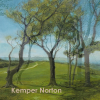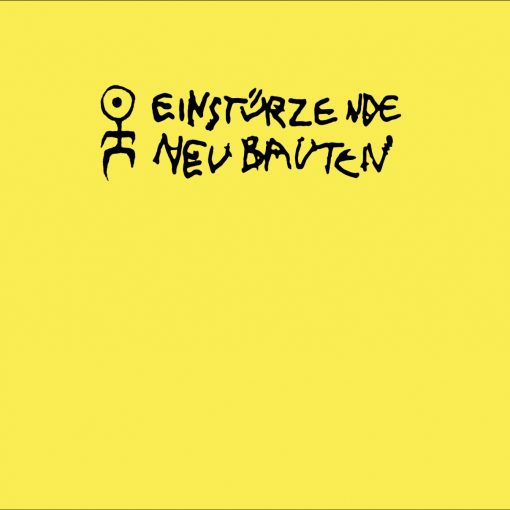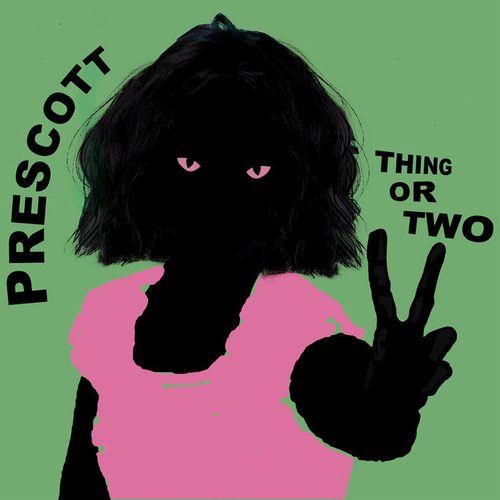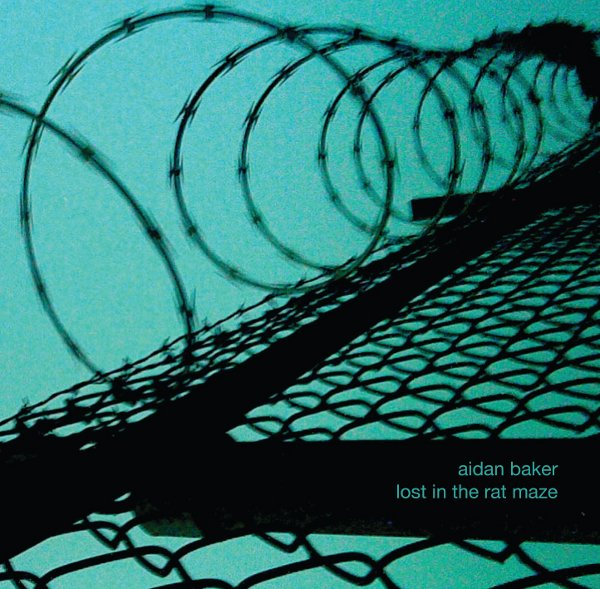 There is a television advertisement for Cow and Gate infant food supplement currently doing the rounds (at this juncture it is more or less obligatory to state that “Other baby and toddler nutritional products are available”), which shows a gang of little nippers unleashed in a spacious recording studio. Wandering curiously around this acoustic playground the bright little buttons innocently scrape away at violins, pluck at bass strings, work kick drums, and generally do a very creditable impression of The Scratch Orchestra’s inaugural meeting at St Katherine’s Dock in 1969. Gradually their uncoordinated plinkings and plonkings begin to mesh together, a melody and defined rhythm emerging from the musical chaos like a ship from the fog, until by the end they are playing a note-perfect rendition of “Come On Eileen” by Dexys Midnight Runners.
There is a television advertisement for Cow and Gate infant food supplement currently doing the rounds (at this juncture it is more or less obligatory to state that “Other baby and toddler nutritional products are available”), which shows a gang of little nippers unleashed in a spacious recording studio. Wandering curiously around this acoustic playground the bright little buttons innocently scrape away at violins, pluck at bass strings, work kick drums, and generally do a very creditable impression of The Scratch Orchestra’s inaugural meeting at St Katherine’s Dock in 1969. Gradually their uncoordinated plinkings and plonkings begin to mesh together, a melody and defined rhythm emerging from the musical chaos like a ship from the fog, until by the end they are playing a note-perfect rendition of “Come On Eileen” by Dexys Midnight Runners.
A Cornishman now displaced to Brighton (Norton was, apparently, in the same year at school as Aphex Twin), landscape – specifically the rural landscape – plays a central role in Norton’s music peregrinations. However, the rural tableaux that emerge from Carn are far from being those of the often way too cosy world of modern folk. Instead, we are presented with that which has always been the business of proper folk song, the quiet malevolence of the English countryside: pagan, untamed, rituals danced around Chanctonbury Ring and a rabbit dressed as farmer worker and nailed to a tree. This is the land of quoits and fogous, of legends of chants that summon the Devil and of spurned women who throw themselves down mineshafts in their torment. It’s fashionable nowadays to quote The Wicker Man as a main point of comparison, but a less overtly hysterical comparator might perhaps be that film’s (in many ways superior) 1970 Play for Today predecessor, Robin Redbreast, in which the permissive modernity of the 1960s meets an altogether older and more savage order in a quaint English village.
Where Herne the Hunter stalks the forests, Carn wanders across the landscape in a similar liminal zone; the two parts of “Velan Dreath” summon vistas of open land, haunted by ghostly voices; “Colour the Ocean Pink” begins as though with the sound of desperate cetaceans resounding around a Cornish bay before becoming a twilight dance, half ecstatic, half sinister; “Windwept” is a sea shanty diffused across the thin membrane that separates our world from the next.Carn also sees more of a vocal presence from Norton himself; for example on the delicious “Dorcus,” the sorry tale of the above-mentioned maiden, jilted by her perfidious lover, and who then ends both her grief and her life through a self-propelled fall into a mineshaft. Whilst it’s doubtful that anyone will be inviting Norton to perform at La Scala any time soon, his voice is nonetheless hugely affecting, and even at times has a hint of the quietly deranged softness of Syd Barrett, the Pied Piper of the sinister-beautiful faerytale. Local boys to this day still test their mettle by searching for Dorcus amidst the darkness (no doubt bolstered by large quantities of cheap but industrial-strength cider…)
The production of that very same golden nectar threads through “Tenantry Down Wassail,” a modern incantation to the trees to promote a good apple harvest for the coming year. “Farisee” conjures a spectral presence of which Coil might have been proud, whilst the closing track “Uncounted” might easily act as the theme tune for some imagined television rendering of The Dark is Rising, its elegant but unsettling swells the perfect accompaniment to a bracelet being thrown into the sea in slow motion as a thankful tribute for the help of the Greenwitch.Though Norton proclaims himself both uneasy with the word ‘occult’, and a latecomer to folk music, he has nonetheless (perhaps even because of that) done a masterful job of exploring both such worlds on Carn. It is not ‘occult’ in the Eliphas Levi sense of ritual and dogma in high magic, but more something truer to the word’s actual meaning of ‘hidden’, a peek into the strange, quiet disturbances in the currents of everyday life.
If you feel like lying on summer grassland trying to merge with the Telluric currents, this is a perfect soundtrack to do it by.
-David Solomons-


